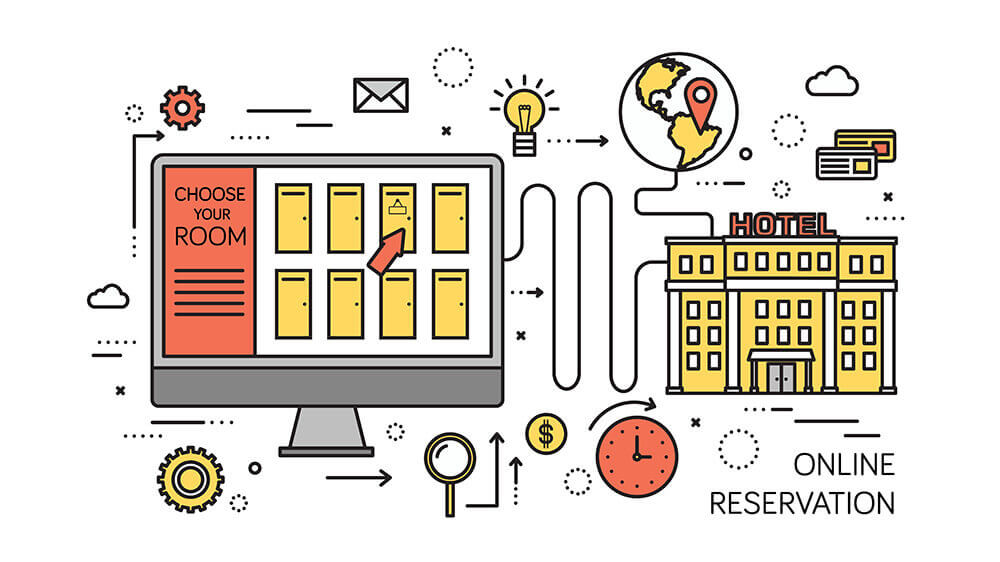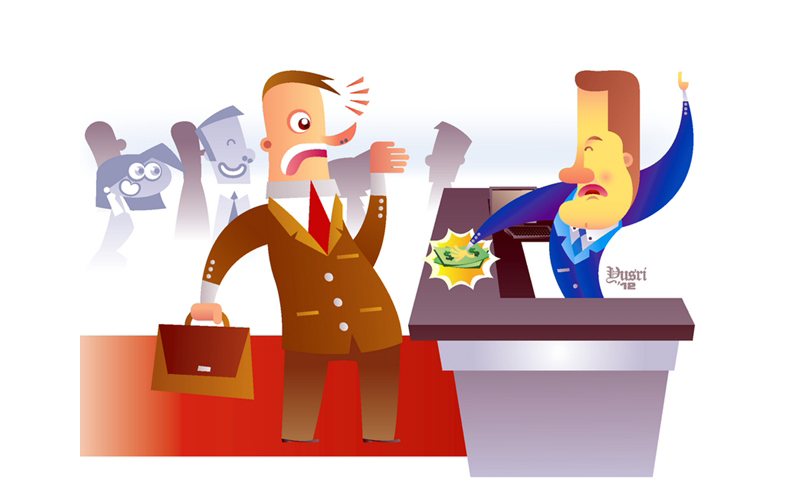Why Your Hotel Needs Software to Manage Operations
In today’s fast-paced and competitive hospitality industry, efficient management of hotel operations is paramount to success. With numerous tasks and responsibilities, relying solely on manual processes can be overwhelming and prone to errors. This is where hotel management software comes into play. In this blog, we will explore the reasons why hotels need software to streamline their operations and improve overall efficiency.
- Centralized and Integrated Approach: Hotel management software provides a centralized platform that integrates various operational functions. From reservations and bookings to front desk operations, housekeeping, inventory management, and billing, a comprehensive software solution brings all these processes together. This integration eliminates the need for multiple standalone systems and manual data transfer, saving time and reducing the risk of errors. A centralized approach allows for seamless communication between departments, enhancing collaboration and efficiency.
- Efficient Reservation Management: Effective reservation management is crucial for hotels to maximize occupancy and revenue. Hotel management software enables automated reservation processes, including online booking capabilities, real-time availability updates, and instant confirmation. This streamlines the reservation process, eliminates double bookings, and reduces the risk of errors. With software, hotel staff can efficiently manage reservations, track room availability, and handle modifications or cancellations seamlessly.
- Streamlined Check-In and Check-Out: The check-in and check-out process is often the first and last interaction guests have with a hotel. Smooth and hassle-free experiences leave a lasting impression. Hotel management software simplifies these processes by automating guest registration, capturing essential information, assigning rooms, and generating invoices. By minimizing manual paperwork and queues, guests can enjoy a seamless arrival and departure, enhancing their overall satisfaction.
- Effective Housekeeping Management: Housekeeping is a critical aspect of hotel operations. Efficient management of housekeeping tasks ensures clean and well-maintained rooms, contributing to guest satisfaction. Hotel management software facilitates housekeeping management by providing real-time updates on room status, tracking cleaning schedules, and assigning tasks to staff members. This automation improves communication between housekeeping and other departments, ensuring timely room turnover and optimizing operational efficiency.
- Accurate Inventory and Stock Control: Managing inventory and supplies can be challenging for hotels, particularly when dealing with multiple suppliers and fluctuating demand. Hotel management software includes inventory management features that enable tracking of stock levels, automated reordering, and inventory optimization. By maintaining accurate stock records and streamlining procurement processes, hotels can avoid overstocking or running out of essential items, reducing costs and ensuring smooth operations.
- Comprehensive Reporting and Analytics: Data-driven insights are invaluable for informed decision-making. Hotel management software provides comprehensive reporting and analytics capabilities, generating real-time reports on occupancy rates, revenue, guest preferences, and more. These insights enable hoteliers to identify trends, make data-backed decisions, and implement targeted marketing strategies. By leveraging analytics, hotels can optimize operations, drive revenue, and enhance the guest experience.
- Enhanced Guest Experience: Ultimately, the guest experience is at the heart of every successful hotel. A well-implemented hotel management software contributes to an enhanced guest experience in numerous ways. From streamlined check-ins and efficient room service to personalized offers and seamless communication, software enables hotels to deliver a consistent and memorable experience. With guest profiles, preferences, and history readily available, staff can provide personalized services, exceeding guest expectations.
Conclusion: In today’s competitive hospitality landscape, hotels cannot afford to overlook the benefits of hotel management software. By implementing a comprehensive software solution, hotels can streamline operations, improve efficiency, and enhance the overall guest experience. From centralized management, reservation automation, and housekeeping efficiency to accurate inventory control, reporting, and analytics, software empowers hotels to optimize processes, drive revenue, and stay ahead of the competition. Embracing technology is a strategic move for hotels that


